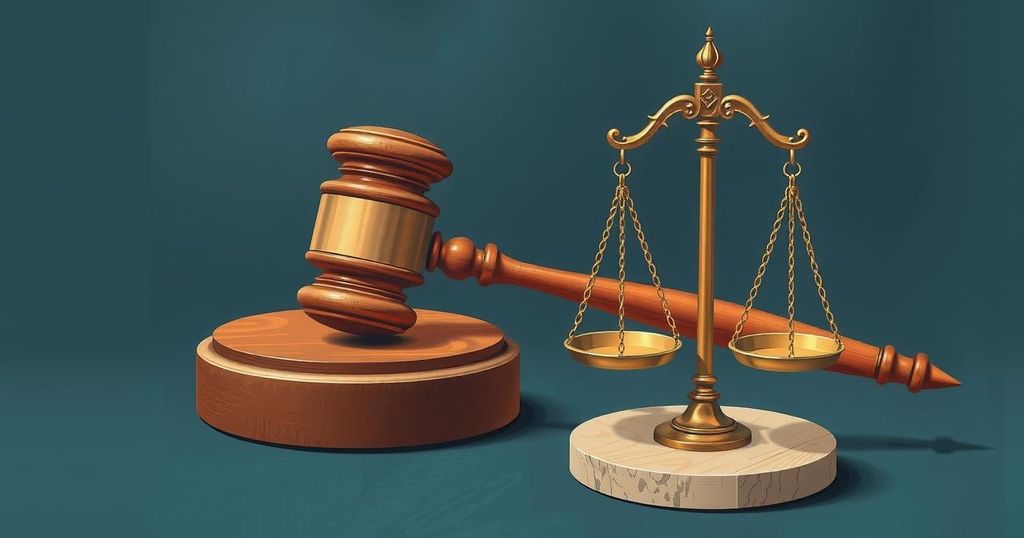A Kenyan court has permitted a lawsuit against Meta, alleging its Facebook platform incited violence during Ethiopia’s Tigray conflict. Plaintiffs claim that Facebook’s algorithms amplified harmful content leading to deaths. They seek a $2.4 billion restitution fund and reform of the platform’s algorithms.
Meta, the parent company of Facebook, is currently facing a pivotal lawsuit in Kenya, alleging that its platform contributed to inciting ethnic violence during the Tigray conflict in Ethiopia. The Kenyan High Court has permitted this case to move forward, which includes assertions of hate speech and the promotion of violent content on Facebook’s platform.
The lawsuit involves plaintiffs Abrham Meareg and Fisseha Tekle, along with the Katiba Institute. They contend that Facebook’s algorithms exacerbated the spread of harmful content leading to violence between 2020 and 2022. Meareg claims his father was murdered after violent threats were shared online, while Tekle faced online hatred for documenting the conflict. The plaintiffs seek a restitution fund of $2.4 billion for victims and advocate for algorithm reforms to limit hate speech dissemination.
Meta has refuted these allegations, asserting its commitment to safety and moderation, and claiming local courts lack jurisdiction over the case since it’s not incorporated in Kenya. Nonetheless, this court ruling represents a significant move towards greater accountability of tech companies regarding the content they host, particularly in conflict areas.
The case reflects increasing demands for social media companies to bear ethical responsibilities in addressing the repercussions of their platforms. According to Mandi Mudarikwa from Amnesty International, “This ruling offers hope that marginalized groups can access justice no matter where they are in the world.” She emphasizes the need to hold companies accountable outside of traditional markets in the US and Europe.
The Kenyan High Court’s decision to allow the lawsuit against Meta emphasizes growing accountability for tech giants regarding the content they manage. The allegations highlight the serious implications of social media in conflict situations, raising questions about the ethical responsibilities of platforms like Facebook. As this case unfolds, it could lead to significant changes in how tech companies address hate speech and violent content on their platforms, particularly in vulnerable regions.
Original Source: northafricapost.com






